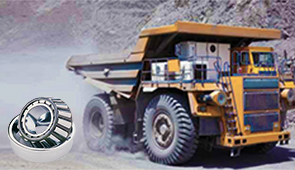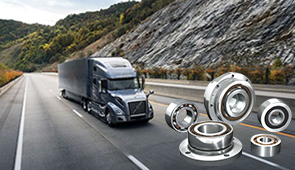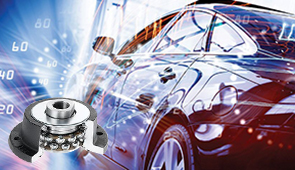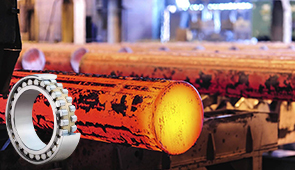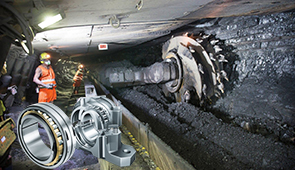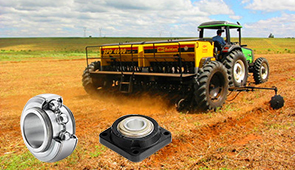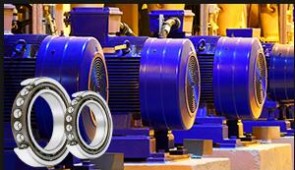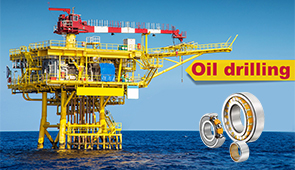how much is a wheel bearing
The average cost to replace a wheel bearing is between $300 and $500. The exact cost will depend on the type of vehicle, where the work is performed, and whether additional parts are needed.
The cost to replace a wheel bearing will vary depending on the type of vehicle being repaired and where the work is being done. On average, expect to pay about $300 for labor and parts if you take your car into a shop for repair. If you do the work yourself, it will be more affordable but also more time-consuming since you have to remove the wheel from the car in order to get at the bearing.
A wheel bearing is an important part of your vehicle’s suspension system. It allows the wheels to rotate smoothly without friction or resistance from other parts of your suspension system. If a wheel bearing fails, it can cause significant damage to other parts of your suspension as well as lead to unsafe driving conditions.
In general, you can expect to pay between $130 and $450.
The cost of replacing a wheel bearing varies depending on the make and model of your vehicle. The average cost for front wheel bearings is about $130, while rear wheel bearings will set you back about $430.
The most common cause for a malfunctioning wheel bearing is excessive corrosion or wear. Over time, the rubber boot around the ball joint wears out and cracks, allowing water to enter the bearing cavity, which severely restricts its movement. When this happens, you may notice a clicking or grinding sound as you turn your steering wheel.
If left untreated for an extended period of time, this condition can cause premature tire wear and damage to other parts of your vehicle like suspension components or brake calipers.
Most wheel bearing replacements will cost you a few hundred dollars.
The cost of a wheel bearing replacement can vary depending on the type of bearing that you need to replace. The most common types are tapered roller bearings and ball bearings.
Tapered roller bearings, which tend to last longer than ball bearings, are more expensive than ball bearings but are also easier to replace. They can cost anywhere from $300-$500 per axle.
Ball bearings, which tend to wear out faster than tapered roller bearings, are generally less expensive to replace; however, they may require more time and effort on behalf of the mechanic performing the replacement. A typical ball bearing replacement for an axle will cost about $200-$300 per axle.
The average total cost to replace both wheel bearings on your vehicle is going to be somewhere around $300.
Wheel bearings are the most common cause of vehicle breakdowns. Wheel bearings allow your wheels to rotate smoothly, and they wear out over time. They can also fail because you drive on rough roads or hit a pothole.
The cost of replacing a wheel bearing varies according to the size of the car, where you live and what kind of bearing you need. A front wheel bearing typically costs between $130 and $450, while a rear wheel bearing ranges from $250 to $600.
Replacing a wheel bearing is more expensive than simply installing a new tire because it requires disassembling and reassembling the entire suspension system on your vehicle. You have to remove the hubcap, loosen all four lug nuts, jack up your car and remove the tire before taking off the old part and installing the new one. Then you have to reverse this process with your new part in place before putting everything back together again.
Front wheel bearings are cheaper to repair and replace than rear wheel bearings.
The front wheel bearings on your vehicle are located on the front axle and allow the wheels to turn. The rear wheel bearings are located on the rear axle and allow the wheels to turn as well.
Front wheel bearings are cheaper to repair and replace than rear wheel bearings. This is because they tend to wear out faster than rear wheel bearings. Front wheel bearings often wear out because of heat from friction created by turning the wheels. This can be caused by driving in hilly terrain or accelerating quickly from a stop.
Rear wheel bearings tend to last longer than front wheel bearings because they are not subjected to as much stress as front wheel bearings are. The reason for this is that most vehicles have more weight in the back than in the front, so there is less force placed on them when turning corners or accelerating quickly from a stop.
Replacing a single front wheel bearing would take approximately two hours of labor, or $100 total in labor costs.
If you need to replace both the front and rear wheel bearings, expect to pay around $200 in labor costs.
Bearings are designed to last the life of your vehicle. However, they can wear out prematurely if they’re subjected to excessive vibration or if they’re not properly lubricated. If your car is making noise when you drive over bumps, it’s a good idea to have your wheel bearings inspected by a mechanic. In most cases, the mechanic will simply lubricate them and adjust them back into place. However, if you have worn-out wheel bearings that need replacement, the cost will be $200-$300 per side depending on the vehicle make and model.
Wheel bearings typically run from $130-$450 each.
A wheel bearing is a part that allows a vehicle to roll. It is usually made of metal, and it has an outer ring and a smaller inner ring that hold the axle in place. The outer ring has grooves, or races, to allow grease to lubricate the bearing. The inner ring has bearings that allow the wheel to spin freely.
Wheel bearings are exposed to extreme heat and cold while driving, so they wear out over time. If you notice any signs of damage, such as a rumbling sound when you turn or brake, it’s time for a new set of wheels.
The cost of replacing your bearings varies greatly depending on where you live and what kind of car you drive. Typical costs for labor and parts can range from $130-$450 each, or $420-$1,200 for all four wheels.
A wheel bearing is a part of your car’s wheel assembly, and it is crucial to the wheel’s ability to rotate. Without a functioning wheel bearing, your car would soon become utterly immobilized due to wheel damage and destruction. The cost of repairing or replacing a wheel bearing depends on the type of vehicle your wheel bearing belongs to, as well as its brand. Some wheel bearings are very expensive, while others are more affordable.
UCTH213-40J-300 with Setscrew(inch)
CNSORDERNO: Normal-duty(2)
TOGN: UCTH213-40J-300
SDI: B-R1/8
SD: 2 1/2
UCTH212-39J-300 with Setscrew(inch)
CNSORDERNO: Normal-duty(2)
TOGN: UCTH212-39J-300
SDI: B-R1/8
SD: 2 7/16
UCTH212-38J-300 with Setscrew(inch)
CNSORDERNO: Normal-duty(2)
TOGN: UCTH212-38J-300
SDI: B-R1/8
SD: 2 3/8
UCTH212-36J-300 with Setscrew(inch)
CNSORDERNO: Normal-duty(2)
TOGN: UCTH212-36J-300
SDI: B-R1/8
SD: 2 1/4
UCTH211-35J-300 with Setscrew(inch)
CNSORDERNO: Normal-duty(2)
TOGN: UCTH211-35J-300
SDI: B-R1/8
SD: 2 3/16
UCTH211-34J-300 with Setscrew(inch)
CNSORDERNO: Normal-duty(2)
TOGN: UCTH211-34J-300
SDI: B-R1/8
SD: 2 1/8









